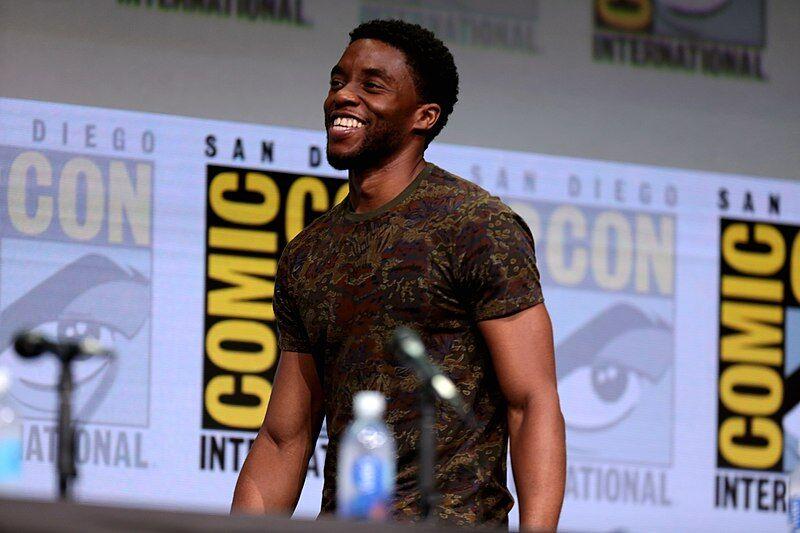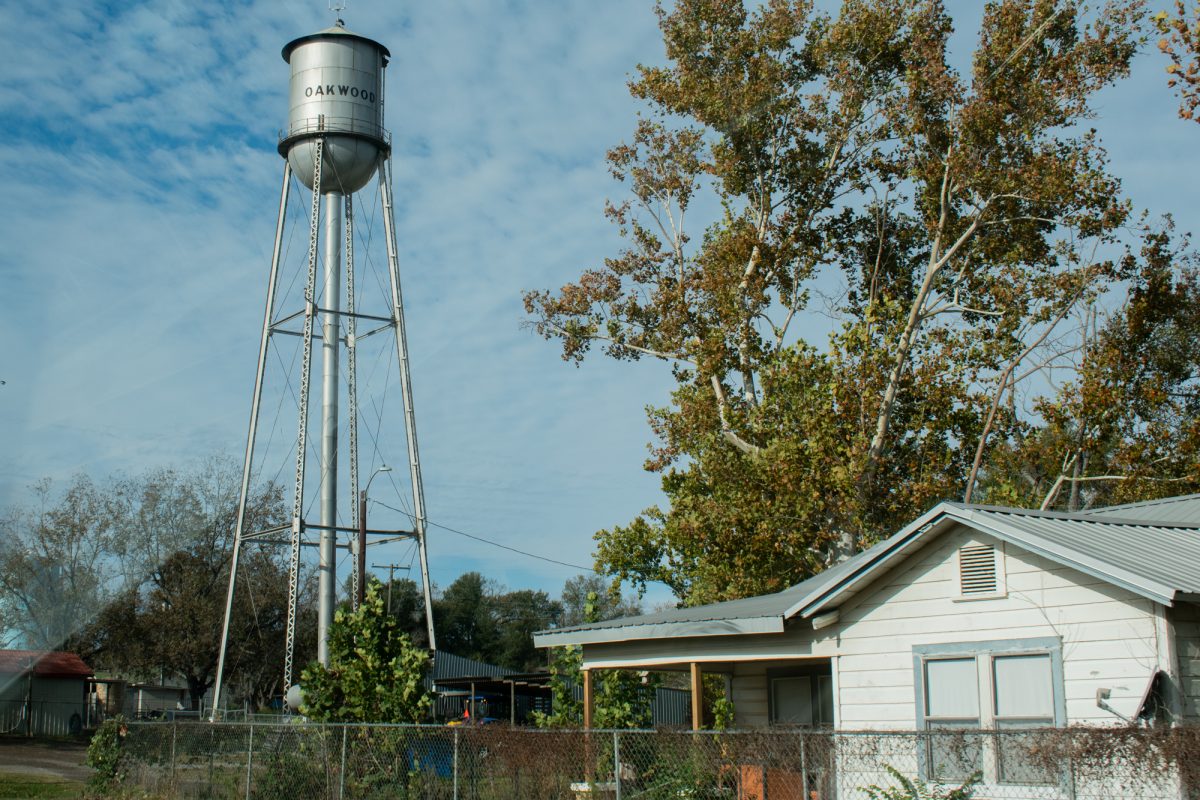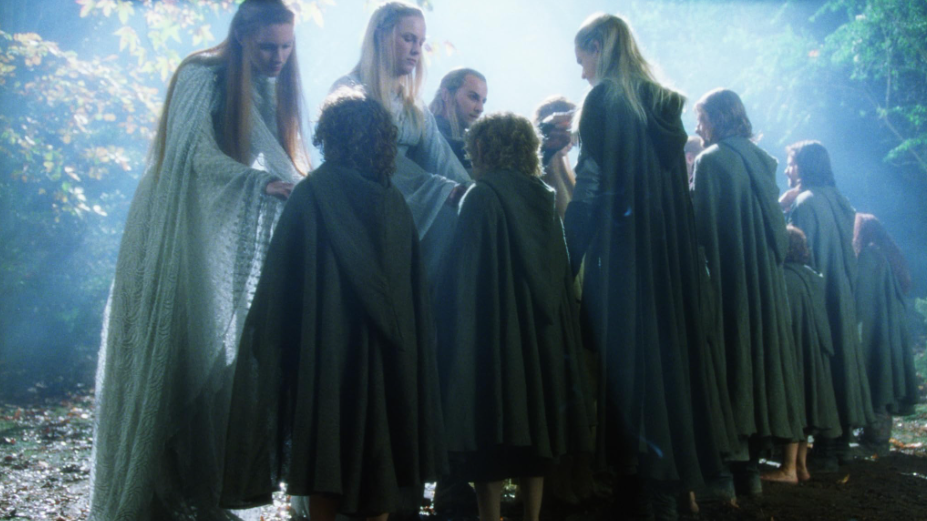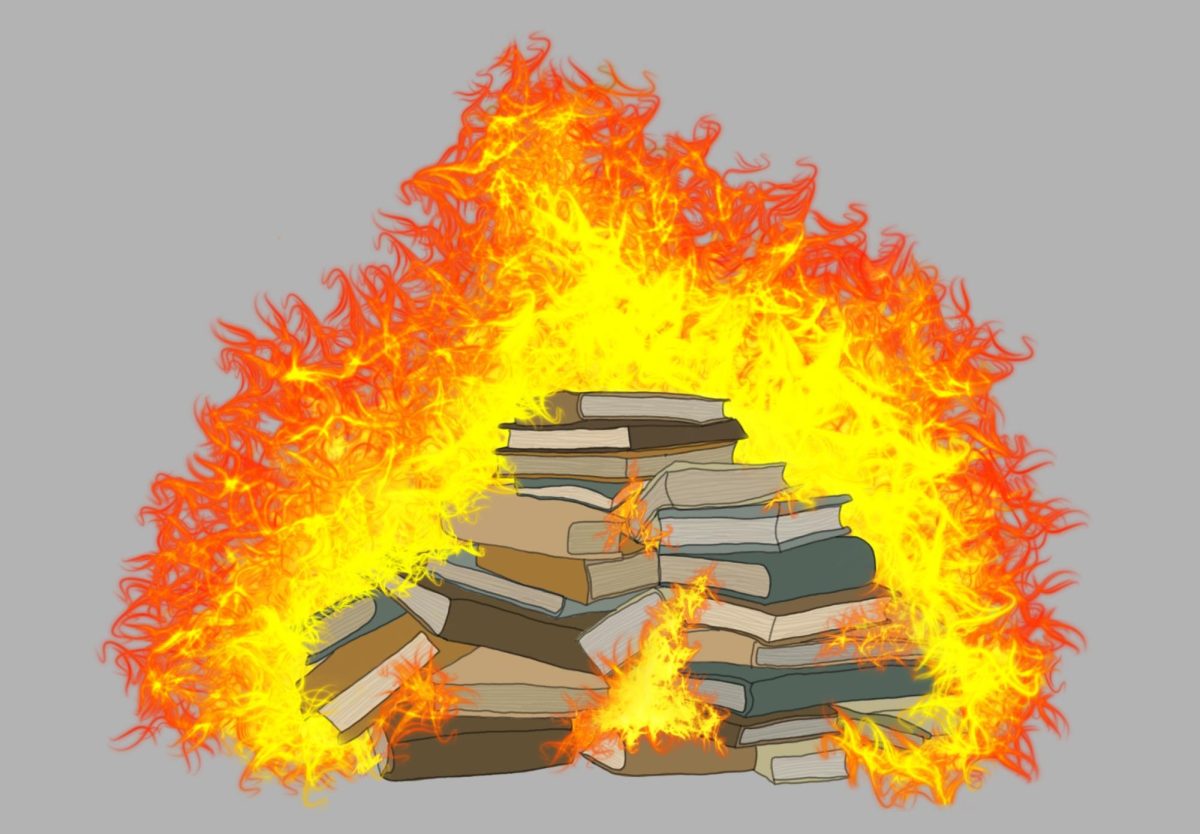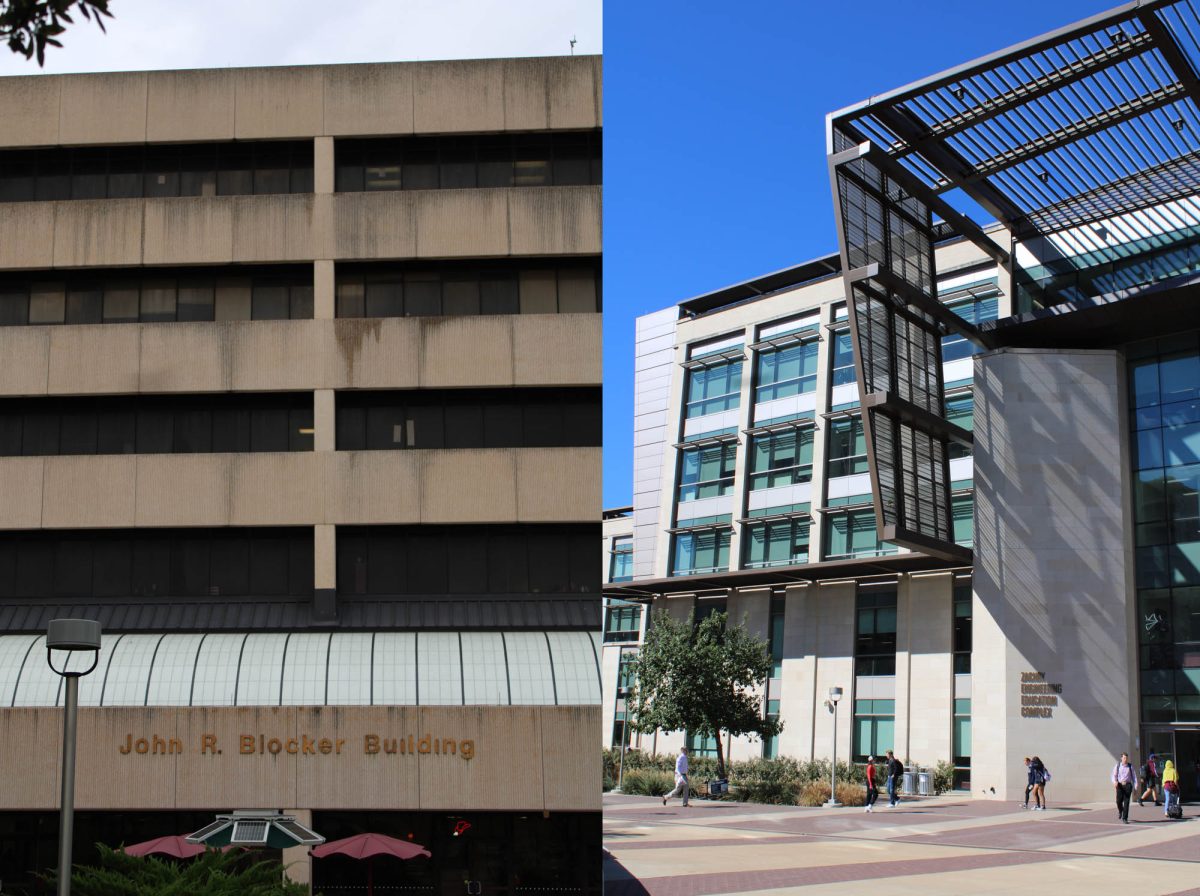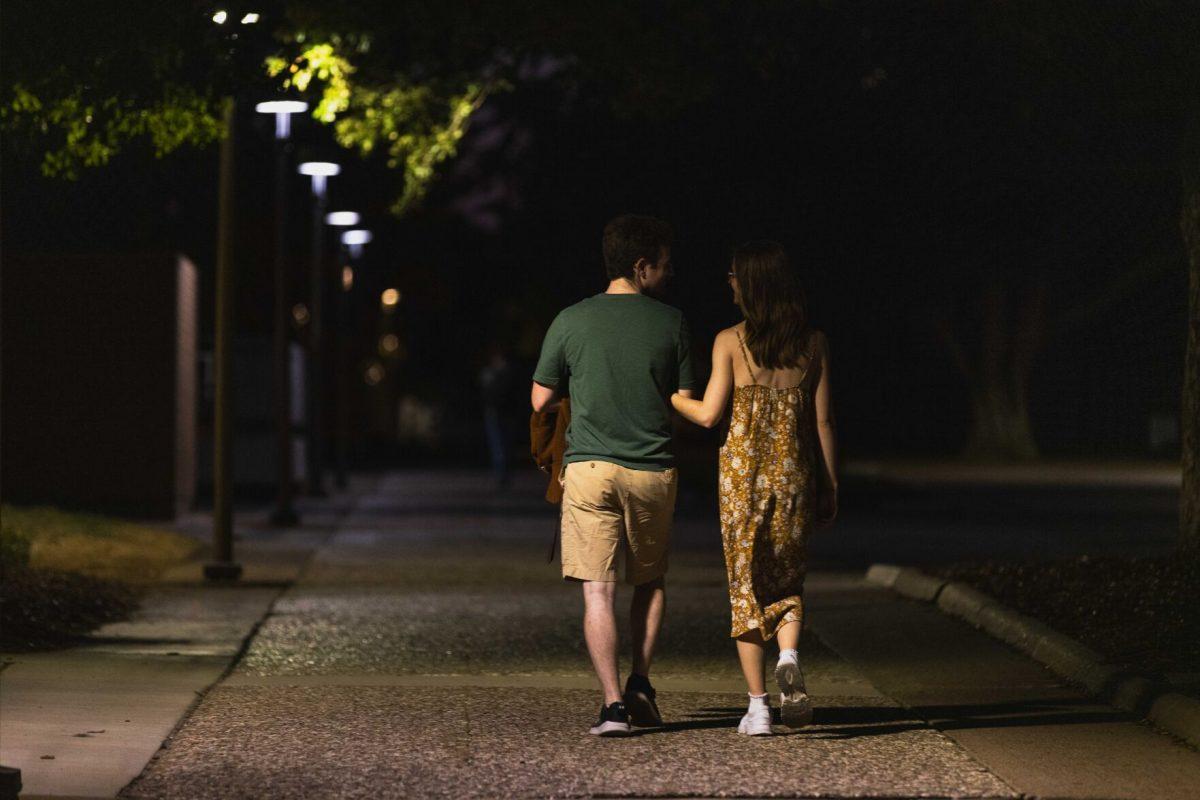As someone who grew up in a traditional Christian household, you pick up a couple of verses in the Bible consciously or unconsciously. One in particular has played on loop this entire year, and it comes from the first chapter of the Epistle of James: “Consider it pure joy, my brothers and sisters, whenever you face trials of many kinds, because you know that the testing of your faith produces perseverance.” This passage should be a source of hope because it provides the belief that at the end of all the trials and perseverance, there will be a reward that makes the suffering worth it. As promising as that sounds, I am a Black man in America in this fateful year. All I’ve done has been nothing short of endless grieving. We have lost loved ones to a pandemic affecting us at a higher rate than other demographics, and at the hands of white supremacy or, more specifically, police brutality. However, the news of Chadwick Boseman’s death shook me so profoundly in my core that it felt like I lost a family member. I felt a significant piece of me was gone with the news of his death. I want to dedicate this column to a man that gave me so much in such little time and whose influence on Black culture will be immortalized in history forever.
Like many people, the first Boseman film I saw was the Jackie Robinson biopic, “42.” I was only 13 at the time of the movie’s release, but I knew what I saw in front of me was something of which to take note. Boseman would go on to play two more iconic Black men in the films, “Marshall,” based on the life of Thurgood Marshall, and “Get On Up,” which is based on the life of James Brown. I would admit, I thought it was quite funny that he played all these roles so quickly. It felt like Hollywood was too lazy to look for other Black actors to play these roles and were happy to typecast Boseman in exceptional African American parts. The truth is that after watching all those films, I can’t see anyone else doing as good of a job as he did in all those films. His profound love for the Black community made his stunning transformations into Black heroes and icons seem effortless. In an industry — which Kenya Barris, creator of “Blackish,” describes as “African Americans get five stories: crime, slavery, the hood, “I don’t have a man” and “I’m trying to get out the ghetto” — Boseman chose roles that put us at the forefront of our narratives. He understood the weight of representing a demographic that the entertainment industry has never invited to the table. He dared to deny the common assumption that Black Americans are a monolithic group by offering an alternate viewpoint about what it means to be Black in the world.
Boseman’s most significant and iconic influence would be his portrayal of King T’Challa in the movie “Black Panther.” In the hands of the visionary director Ryan Coogler (2013’s “Fruitvale Station” and 2015’s “Creed”), “Black Panther” pushed the conversations of what the typical superhero movie could be and raised the stakes for future films. I had been so comfortable with getting the bare minimum of representation on screen that I didn’t know what to expect during my first viewing of “Black Panther.” And did “Black Panther” deliver. This movie gave me everything. It was intelligent, uplifting, funny, challenging, and during a presidency fueled by white supremacy, it made me feel at home. Black Panther represented a fundamental shift in my world as I understood it. It gave us the most complex villain in superhero history since Christopher Nolan’s “The Dark Knight.” It showed powerful women whose strength weren’t rooted in pain, poverty or trauma. It portrayed Africa in all its beauty and splendor without the attention of the white gaze, a trend that categorizes the continent as poverty-stricken or barbaric.
It was a movie made for us, and by us. I remember just sitting outside the movie theater trying to process all that my eyes had seen after my first viewing. So much joy and pride filled me that the only thing I could do was cry. It felt like the filmmakers made this movie specifically to remind me of the beauty and glory that I carry as a Black American. It was nothing short of validating. I am not the only one to evoke this ecstatic response from seeing this movie. There was the #BlackPantherChallenge, dedicated to allowing children to have this particular experience, even if they can’t afford it. My favorite is the video of a classroom finding out they will see “Black Panther.” The amount of joy and excitement they erupt into is a testament to what happens when people feel seen and represented in all their beauty. In Boseman, we saw a hero and someone that gave us the chance to be the center of our own stories. He knew what “Black Panther” stood for in the African American community, and guaranteed this movie’s success would be more than the box office numbers alone. He visited children dying from cancer at St. Jude’s Children’s Research Hospital. Boseman used his power to call for systemic change in the movie industry and nationwide to support the Black Lives Matter movement. He gave an inspiring speech at his alma mater, Howard University. It challenged the graduates to take the road less travelled. If there is one thing I can hold on to, it’s that Boseman knew we appreciated his work. He saw the effect he had on little Black boys and girls worldwide and used that to fuel his spirit. He got his flowers while he could smell them, as shown in this video, where he interacted with fans who thanked him for what “Black Panther” meant to them.
I am not saying Boseman was the reincarnation of Christ or the Martin Luther King Jr. of our time. However, he was a symbol, a warrior, a champion and a hero. That’s why his death has been so devastating for us; the feeling of our icons dying too soon is something that isn’t unfamiliar in the Black community. Boseman dared me, and people all across the world, to dream farther than our hands can reach, and I will be forever grateful for that. Rest in power, Chadwick Boseman, may your legacy live on forever.
Rest in Power Chadwick Boseman
September 8, 2020
Photo by Creative Commons
Chadwick Boseman
0
Donate to The Battalion
Your donation will support the student journalists of Texas A&M University - College Station. Your contribution will allow us to purchase equipment and cover our annual website hosting costs.
More to Discover



